What is Hypertension
- Hypertension is the most common health disorder in the middle age group.
- Hypertension is the most important risk factor for cardiovascular mortality and morbidity.
- Hypertension means ‘ elevated blood pressure of more than 140/90 mm of Hg in the body.
- Normal blood pressure – 120/80 mm of Hg.
- Antihypertensive drugs are used to treat hypertension.
Hypertension classification
-
Prehypertension
= systolic BP = 120 – 139 mmHg.
= Diastolic BP= 80 – 89 mmHg.
-
Stage 1 hypertension
= Systolic = 140 – 159 mmHg.
= Diastolic = 90 – 99 mmHg.
-
Stage 2 hypertension
= Systolic = above 160 mmHg.
= Diastolic = above 100 mmHg.
-
Emergency hypertension
= Systolic = above 180 mmHg.
= Diastolic = above 120 mmHg.
-
Isolated systolic hypertension
= systolic = 140 and above
= Diastolic = below 90 mmHg.
-
Primary hypertension-
It is idiopathic hypertension and the most common hypertension.
-
Secondary hypertension –
Occur due to disease condition.
Antihypertensive drugs Classification:-
- Classification of antihypertensive drugs
- Blood pressure is controlled by the anatomic nervous system renin-angiotensin – Aldosterone system.
- The hypertensive drugs act on the heart, kidney, and blood vessels by influencing these systems.
- Hypertensive drugs are
- Beta-blockers.
- Alpha-blockers.
- Alpha and beta blockers
- Calcium channel blockers
- Central sympatholytic
- Vasodilators
- Diuretics
- ACE inhibitors
- Angiotensin receptor blockers (ARB – inhibitors).
-
Beta blockers –
- It is a beta-adrenergic blocking agent that causes vasoconstriction in the blood vessels.
- Beta-blocker drugs prevent the stimulation of beta-adrenergic receptors of the sympathetic nervous system and decrease cardiac output and lead to low blood pressure.
- Drugs – Atenolol, timolol, metoprolol, propranolol, betaxolol, etc.
- Dose – 25 – 100 mg.
Uses of Beta Blocker
- To treat mild hypertension.
- Arrhythmia.
- Angina pectoris.
- Chest pain and heart attack.
- Glaucoma.
- Myocardial infarction.
Contradiction of Beta Blocker
- Asthma, COPD
- Bradycardia and cardiogenic shock
- Peripheral vascular disease
- Prinzmetal angina, heart block.
Adverse effects of Beta Blocker
- Orthostatic hypotension,
- fatigue, nausea and vomiting,
- bradycardia etc.
-
Alpha-blockers
It is an adrenoceptor antagonist which prevents the stimulation of the adrenergic receptors and leads to decreased blood pressure.
Alpha bocker Drugs
- Doxazosin
- Prazosin
- Terazosin
- Alpha blocker drugs cause the blood vessels dilation there by lowering blood pressure.
Uses of alpha blocker
- Hypertension
- Benign prostatic hyperplasia
- Congestive heart failure
- Pheochromocytoma.
Contraindication of alpha blocker
- Hypersensitivity, hypotension
- Pregnancy, lactation.
-
Alpha beta blockers
- The combined drugs are used to treat high blood pressure.
- The drug causes vasodilation and decreases cardiac output.
- Drug – Labetalol 50 mg BD.
-
Calcium channel blockers –
It is a calcium channel antagonist that interferes in the movement of calcium through calcium channels.
- The drug is used to treat hypertension.
Calcium channel blocker Mechanism of action-
Calcium channel blocker drugs
↓
Block the entry of calcium ions into calcium channels
↓
Reduce intracellular calcium ions
↓
Relax vascular smooth muscles
↓
Vasodilation
↓
Decrease blood pressure.
-
Calcium channel blocker Drugs
- Amlodipine – 5 -10 mg OD
- Nifedipine – 5 – 20 mg orally OD
- Verapamil – 40 – 160 mg
- Diltiazem – 30 – 60 mg.
- Amlodipine and nifedipine drugs decrease the main arterial pressure and increase the heart rate.
- Diltiazem and verapamil drugs depress the SA node and decrease the heart rate.
Calcium channel blocker drug uses
- Hypertension
- Angina
- Arrhythmia
Calcium channel blocker Adverse effects
- Ankle edema, nausea, constipation.
- Hypotension, drowsiness, headache.
- Palpitation
-
Vasodilators drugs-
Vasodilators drugs Mechanism of action
Vasodilators drugs
↓
Relax the vascular smooth muscles
↓
Vasodilation
↓
Decrease blood pressure.
-
Vasodilators drug name-
- Hydralazine – 25 – 50 mg TDS.
- Minoxidil.
- These drugs are directly worked on the vessel walls.
- Adverse effect – Rapid heartbeat, nausea or vomiting, edema, headache, hirsutism etc.
-
Central sympatholytic drugs
Central sympatholytics drugs
↓
Stimulate the A2 adrenergic receptor in the brain stem center
↓
Decrease the sympathetic nerve activity and outflow
↓
Decrease blood pressure.
- Drugs–
- Clonidine (Catapres) – 100 ug OD.
- Methyldopa (Aldomet) – 250 – 500 mg TDS.
- Methyldopa is a drug of choice of hypertension during pregnancy.
-
Diuretics drugs –
The drugs are responsible for increasing urine output.
- Drugs are
- High efficacy drug = furosemide – 20 – 80 mg.
- Medium efficacy drug = hydrochlorothiazide drug
= Thiazide-like drugs.
- Low efficacy drug = spironolactone – 25 – 50 mg.
diuretics drug Mechanism of action –
Diuretics drugs
↓
Increase the urine output
↓
Decrease the extracellular fluid and plasma volume
↓
Decrease cardiac output
↓
Decrease blood pressure.
Uses Diuretics drugs
- Hypertension
- Edema and congestive heart failure.
- Acute pulmonary edema.
- Renal disease and liver cirrhosis.
- Glaucoma.
Contraindication of Diuretics drugs
- Gout disorder
- Diabetes patient
- Pregnant mother
- Dehydrated patient.
Side effects of Diuretics drugs
- hypokalaemia
- hyperglycemia
- vertigo etc.
-
ACE inhibitors –
- It is an angiotensin-converting enzyme inhibitor, which is used to treat high blood pressure and heart failure.
ACE inhibitor Mechanism of action
ACE inhibitor drugs
↓
Angiotensin – 1st is not converting into angiotensin – 2nd
↓
Decreased production of angiotensin – 2nd
↓
Decrease the sodium and water retention
↓
Cause the vasodilation
↵
- Decrease blood volume
- Decrease blood pressure
- Decrease sympathetic activity
- Decrease ventricular preload and afterload
- Inhibit vascular and cardiac hypertrophy.
ACE inhibitor Drugs
- Captopril – 25 – 150 mg
- Lisinopril – 5 – 40 mg
- Enalapril – 2.5 – 40 mg
- Ramipril- 1.25 – 10 mg.
Uses of ACE inhibitor-
- Hypertension
- Congestive heart failure (CHF)
- Myocardial infarction (MI)
- Diabetic nephropathy
- Treat high cardiovascular risk patients.
Contraindication of ACE inhibitor-
- Pregnancy
- Renal artery stenosis
- Azotaemia
- Hypotension
- Hyperkalaemia patient
- Severe stenosis of aortic and mitral valve
- History of allergy.
ACE inhibitor Adverse effects
- Hypotension, urticaria, cough
- Rashes, angioedema, hyperkalemia
- Proteinuria, taste change, leukopenia etc.
-
ARB inhibitors –
- Angiotensin receptor blocker drug.
- It has a similar effect as ACE inhibitors.
- The drug blocks the effect of angiotensin 2nd.
- The ARB inhibitor drug is prescribed if the patient cannot tolerate the ACE inhibitor drugs.
ARB inhibitors Mechanism of action-
ARB inhibitors drugs
↓
To inhibit the action of angiotensin 2
↓
Decrease sodium and water retention
↓
Vasodilation
↓
Decrease blood pressure.
ARB inhibitors Drugs
Atacand (Candesartan) – 8mg.
Cozaar (losartan) – 25 – 50 mg.
Micardis (Telmisartan) – 20 – 80 mg.
Diovan (Valsartan) – 80 – 160 mg.
Benicar (olmesartan) – 20 – 40 mg.
ARB inhibitors Use-
- Hypertension, congestive heart failure (CHF)
- Myocardial infarction (MI)
- Diabetic nephropathy.
ARB inhibitors Adverse effects
- Hyperkalaemia, hypotension, fainting
- Dizziness, fatigue, vomiting, diarrhoea
- Angioedema, back pain, etc.
Key points
- what is The most common hypertension is a – Primary hypertension
- Secondary hypertension occurs due to – Disease conditions
- Which system controls the blood pressure? – Autonomic nervous system
- Alpha and beta blockers combined drug is – Labetalol
- Drug of choice for pregnancy-induced hypertension – Methyldopa
- ACE inhibitor drug full form? – Angiotensin-converting enzymes
- ACE inhibitor drugs cause the – Decreased production of angiotensin 2nd
- Which hypertensive drugs are contraindicated in pregnancy? – ACE inhibitors
- ARB inhibitor drug full form – Angiotensin receptor blocker drug



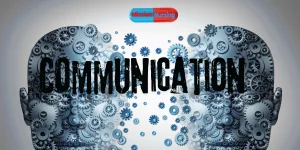
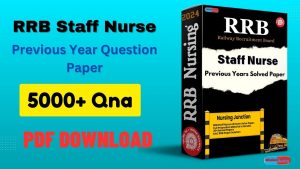
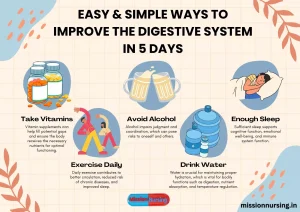
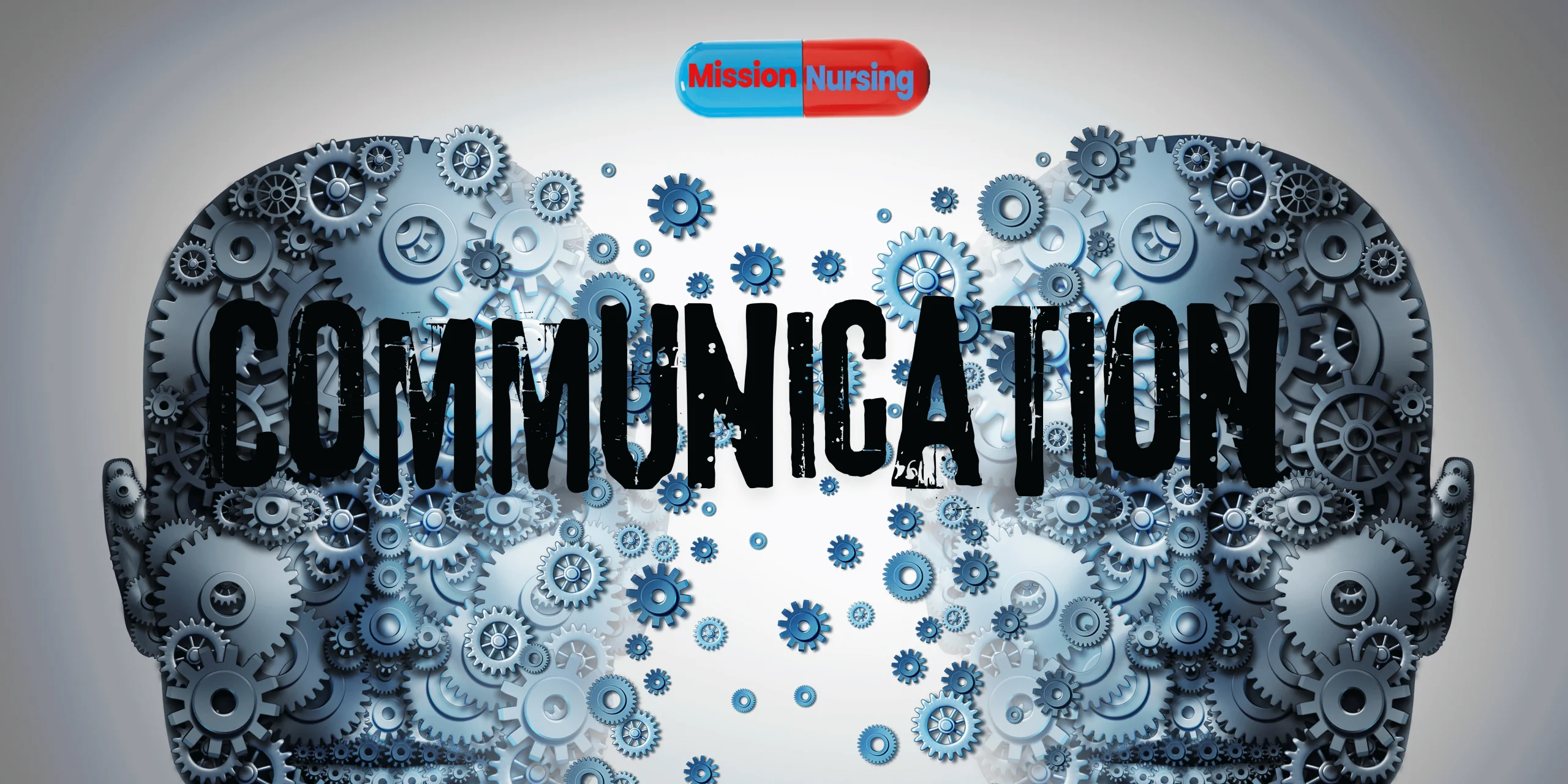
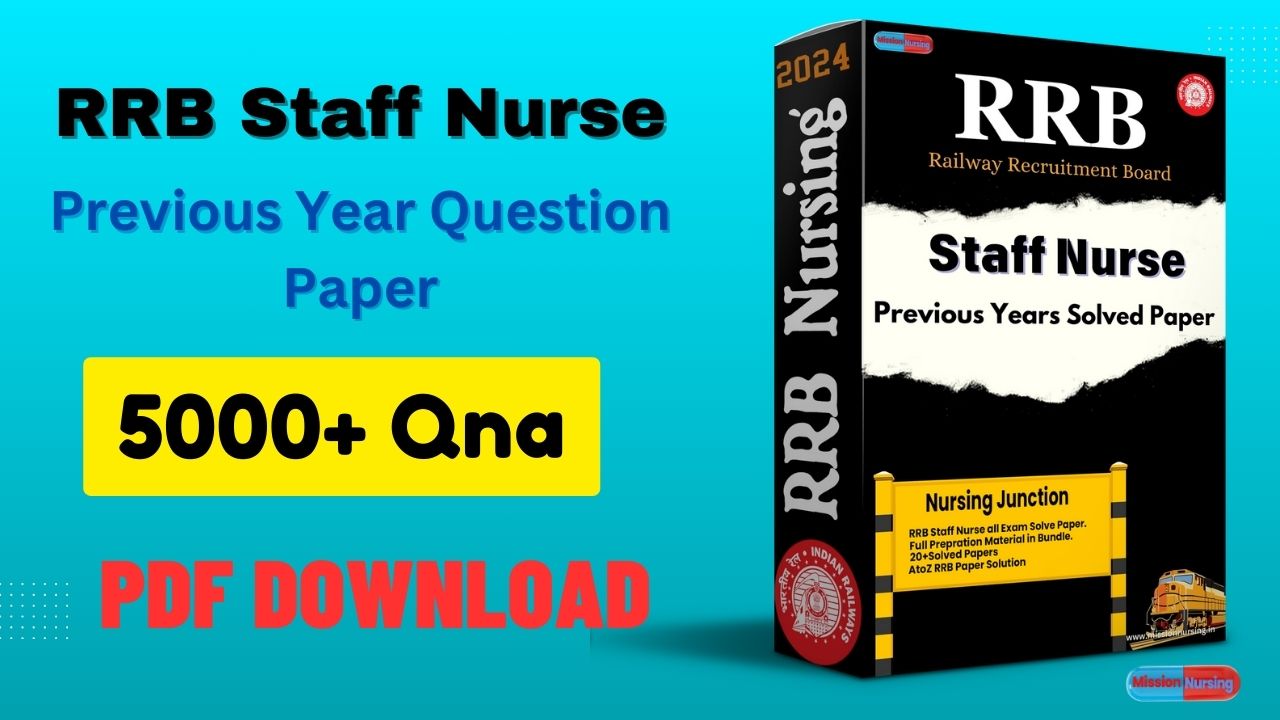
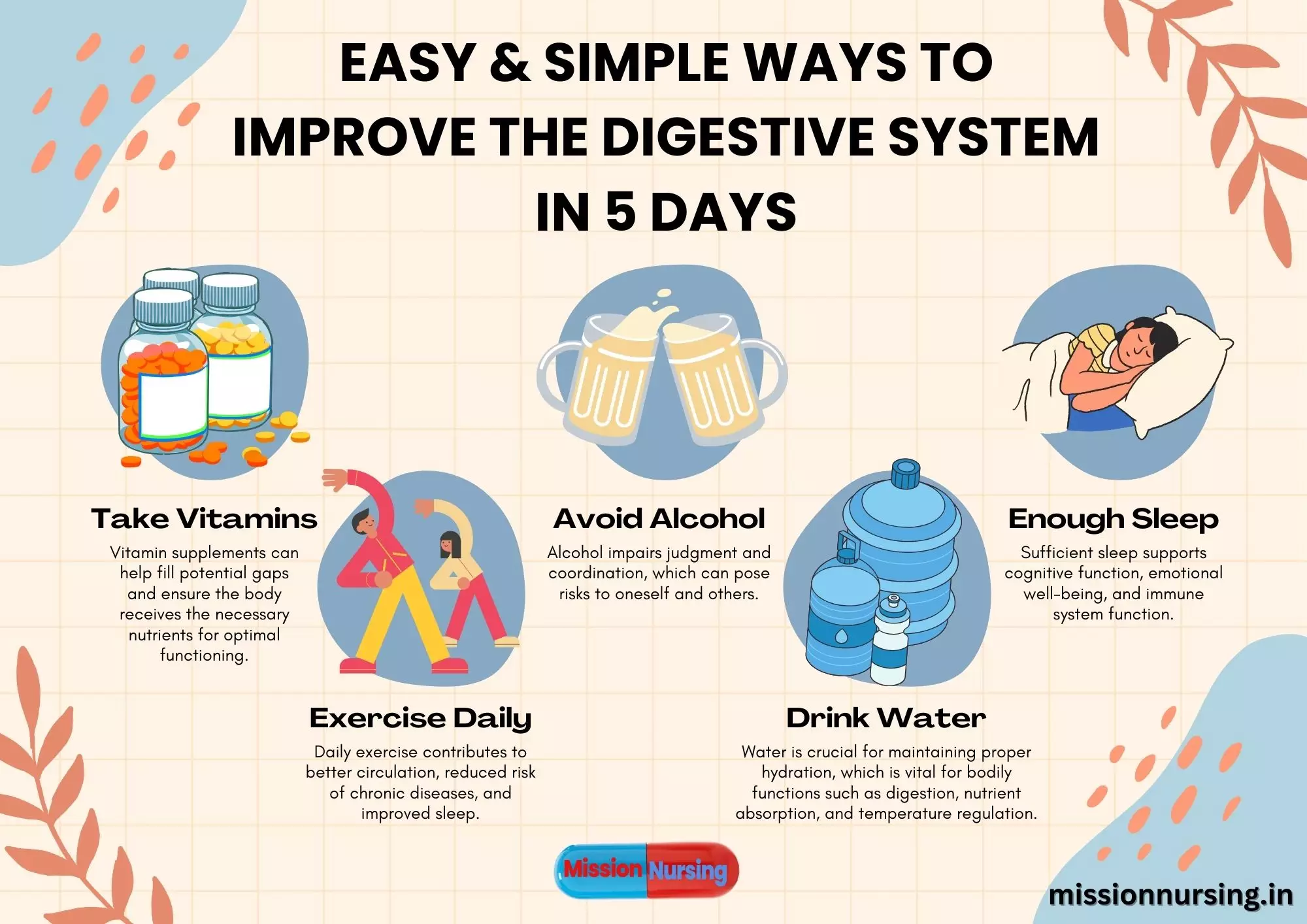
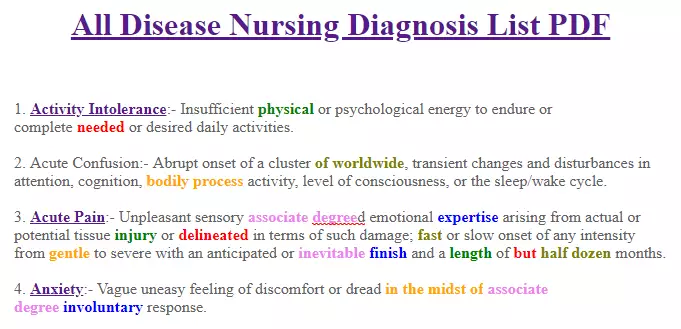

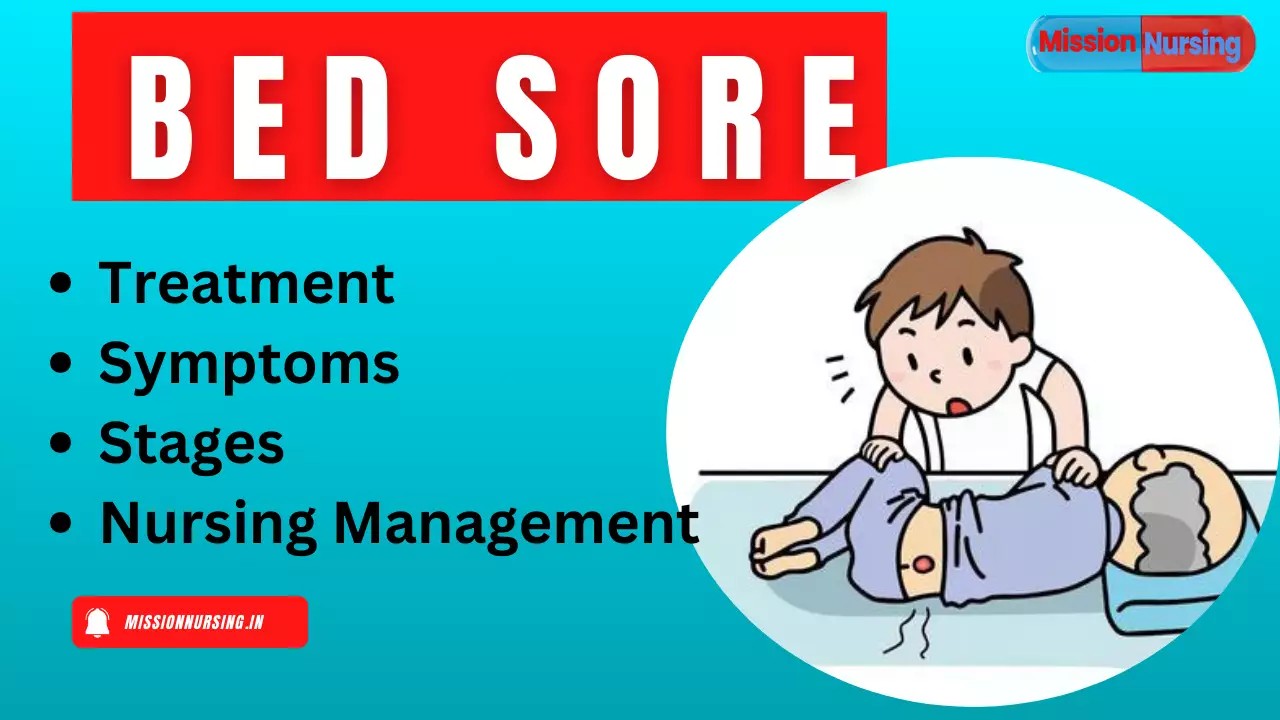

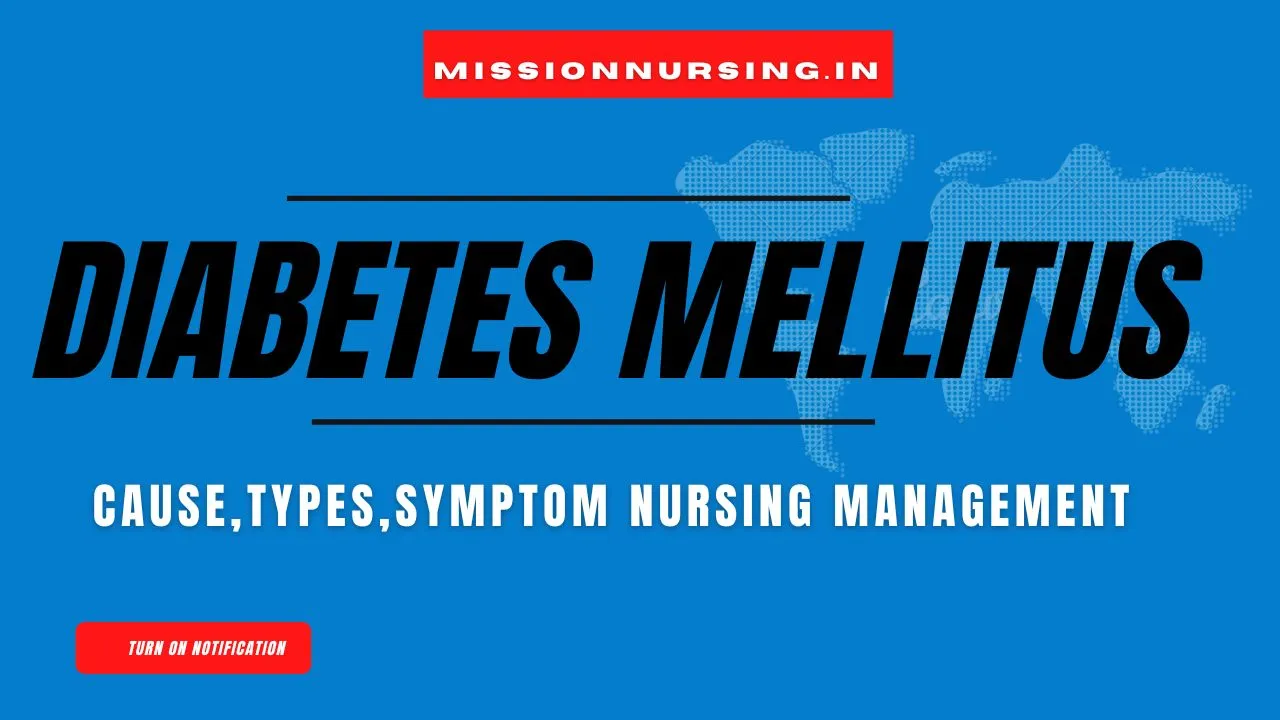


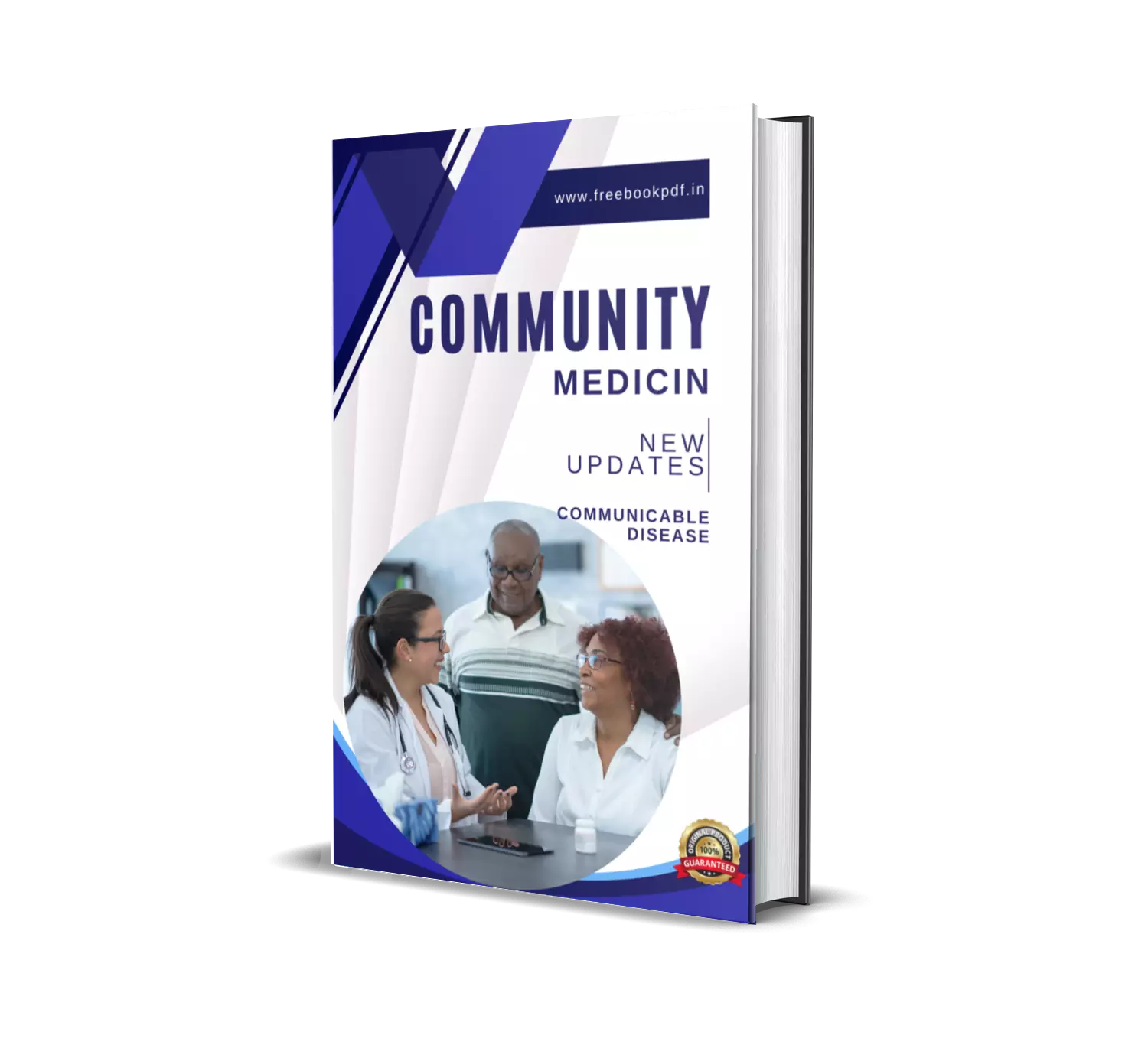
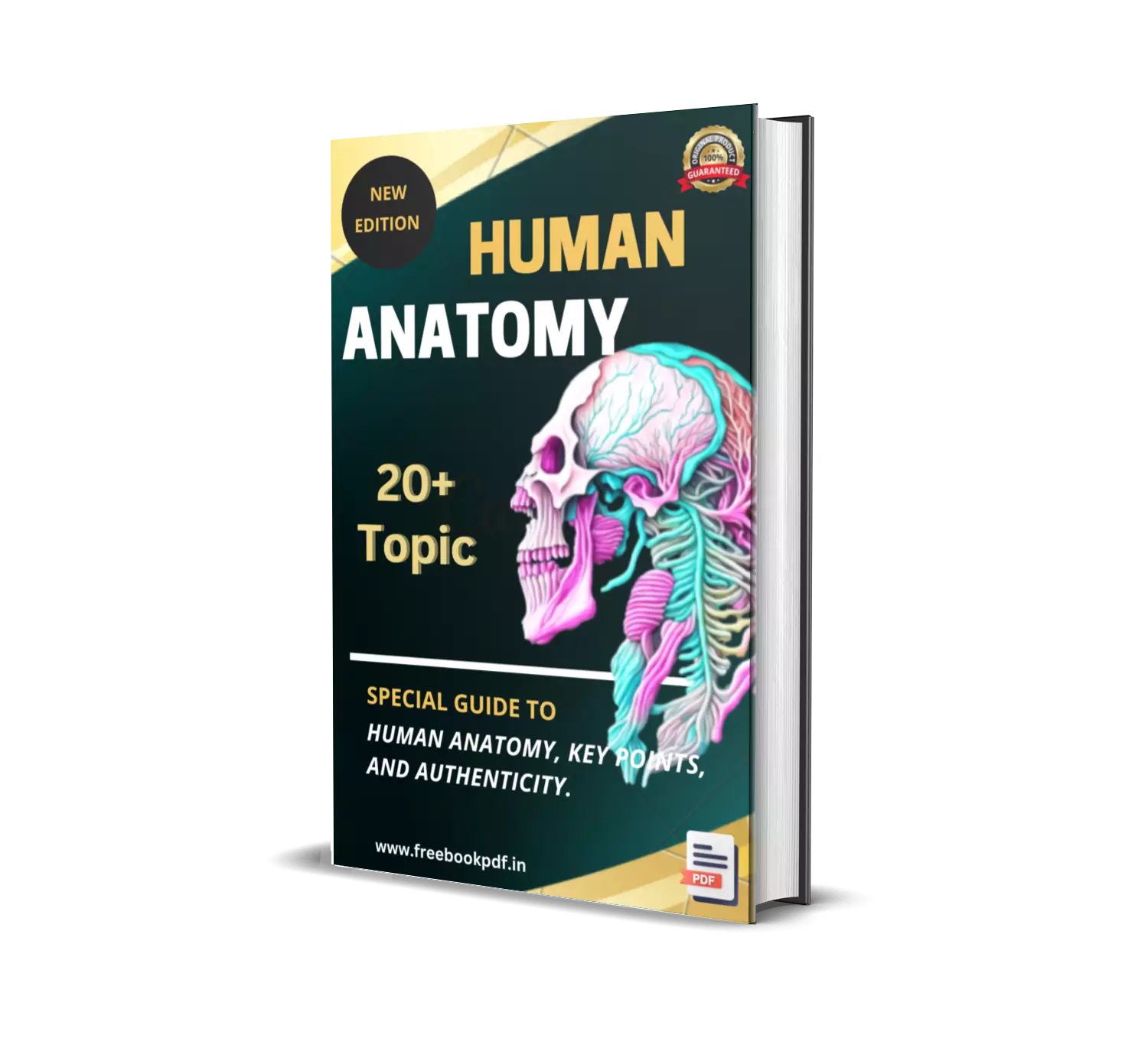


3 thoughts on “Antihypertensive drugs Classification”
Hii
thanks for visiting ….if you have any suggestions related to this article please talk to me